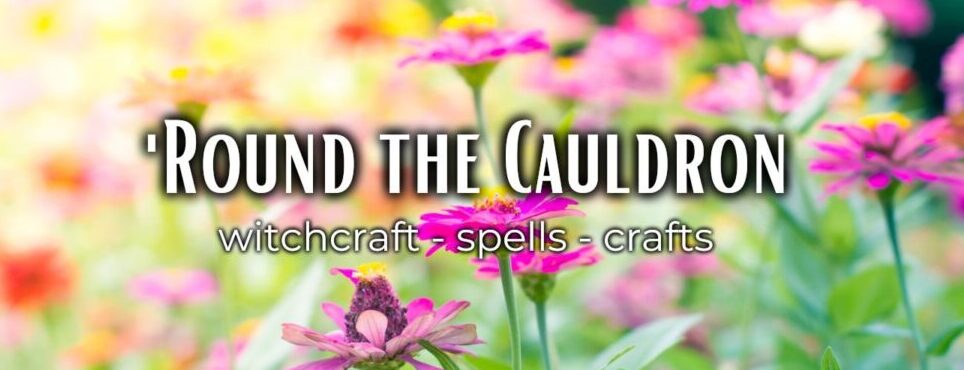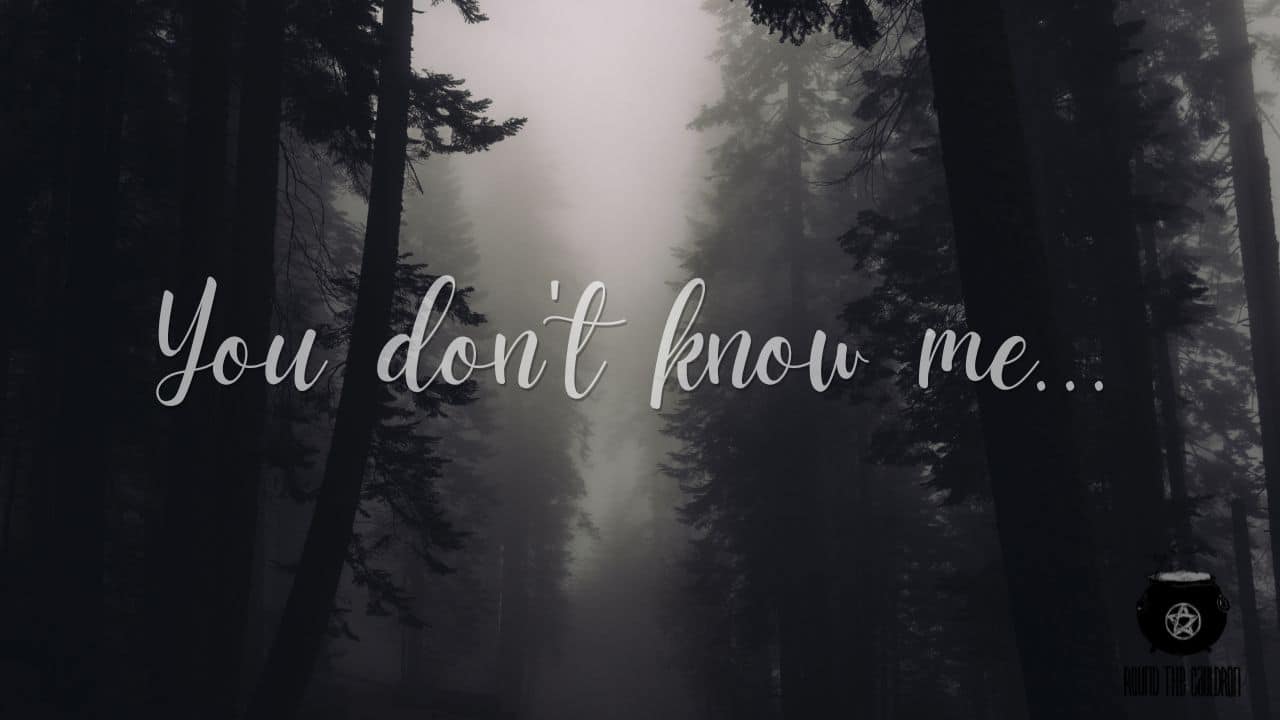As a neurodivergent person, I feel like there are things that I’m acutely aware of. I don’t know if these things also hold true for neurotypical people. I’m acutely aware of parasocial relationships and friendships in general. Even throughout school, I always felt like the odd one out, like I was just there and people were tolerating me because they didn’t have a choice (this is not a pity party, I promise). There are two people that I know IRL that I count as close personal friends. That isn’t to say I don’t have other friends and people I can count on, it’s just that these two have been with me for literal years and my brain doesn’t question their friendship as much anymore.
Translating this to the online spaces I’m in, I still often feel like the odd one out. I’m awkward and don’t always know when or how to engage in conversation. Sometimes I talk too much and sometimes I miss points entirely. I know I also have friends here in the online spaces (you know who you all are ❤❤) but there are also people who might be friends but I’m not sure because of parasocial relationships. There’s also people who might consider me a friend that I just don’t even know!
If you don’t know what a parasocial relationship is here’s a definition.
a kind of psychological relationship experienced by members of an audience in their mediated encounters with certain performers in the mass media, particularly on television. Regular viewers come to feel that they know familiar television personalities almost as friends.
Oxford Reverence
There are people I follow, listen to, and interact with that I feel like I know but the truth is that I don’t. I know what people choose to share, and no matter how authentic they are, they still get to choose how they appear to their audience. There’s nothing wrong with that at all, it just creates an illusion of knowing the person better than I actually do. And for someone like me who can struggle in online social situations, it gets difficult to separate (but that’s a me issue).
I’m also very aware of my own presence online. For safety and privacy reasons I obviously don’t want to share every aspect of my life. I also want to be as authentic as I can. It’s a fine line to walk between these two situations and I try to be very aware of what I share and how I interact. I’m also working on better rules and boundaries when it comes to social media. The larger my account gets, the more difficult it will be for me to keep up with comments and messages and I need to be okay with not doing that.
One other thing I’m aware of for myself is how my hobbies and interests jump around so much that sometimes I can’t stick to one thing. This makes creating a cohesive aesthetic for social media difficult. While I know that won’t matter to the audience that’s truly here for what I have to share, it matters to the algorithm Gods and sometimes they have to be appeased or I’m screaming into the void. I also have a lot of thoughts on why I don’t want to niche down my content and it has a lot to do with being my authentic self…but anyway…
All of this to say that the way my brain works allows me to be acutely aware of the friendships and relationships I have online, but it also likes to compare what I’m doing to others. It also likes to lie to me and tell me that what I do doesn’t matter, that no one is actually my friend, and the rest of that mental health spiral that happens. Comparison is a normal human action, I think, but sometimes I end up hyper-focusing and then going in a mental health spiral. I want you to be able to recognize these things, too. No matter how much you think you know someone online, chances are you don’t know even half of who they are. No matter how much we choose to share, that’s the point. Social media is curated and you’ll never truly know your favorite creatives.
Don’t forget to follow me on social media and subscribe to my newsletter.
Facebook| Instagram| Pinterest | YouTube | Newsletter



Leave a Reply